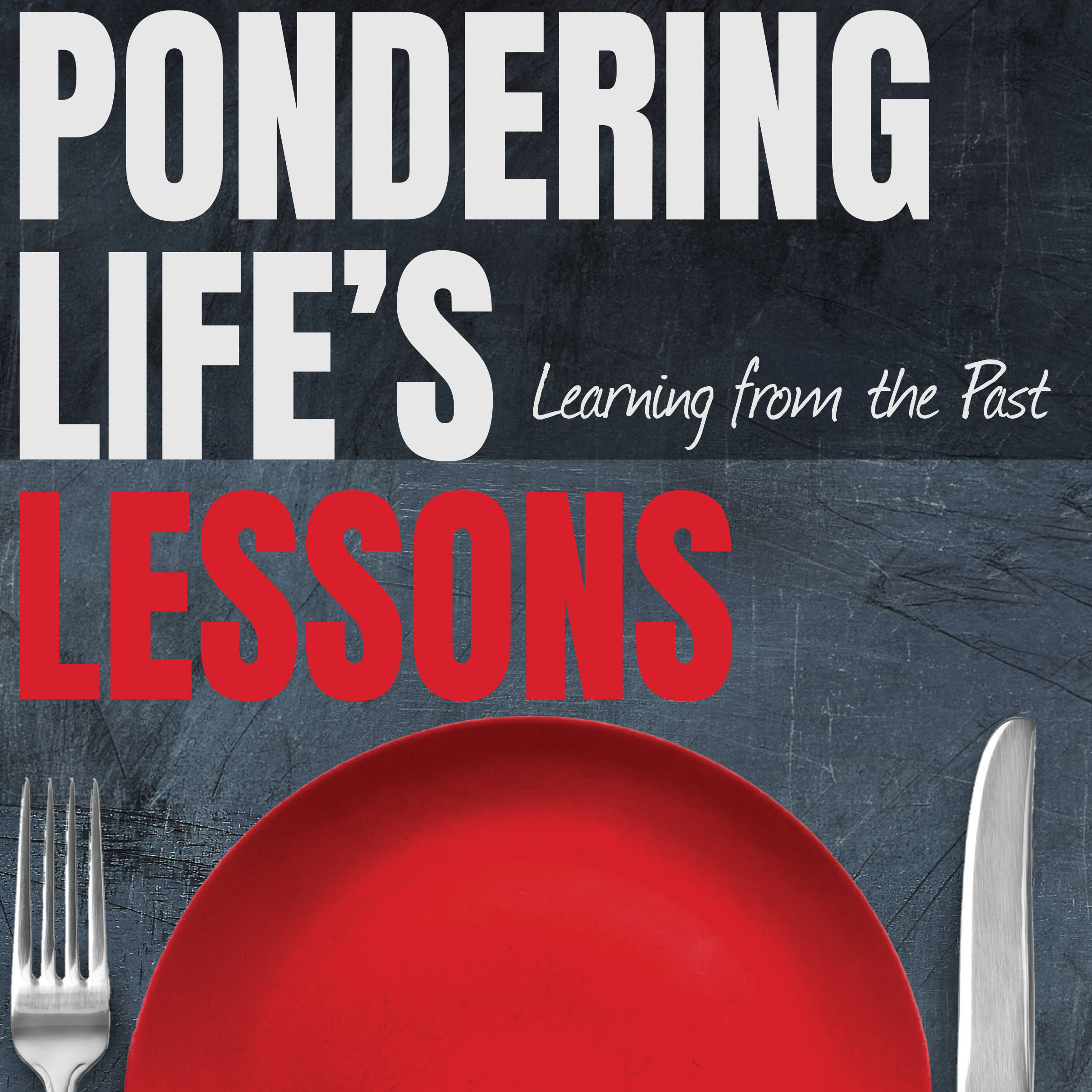The 1920 Census determined for the first time that more Americans lived in cities than in the country. The margin was a narrow – 51 to 49 percent – but it was a key turning point in our nation’s history. There was an agricultural depression that lasted the entire decade and kept a noticeable divide in place between the agricultural and urban communities.
Grandpa Barner was a farmer in Kentucky in the early twenties. He raised “cash crops” and ![]() mules. “Cash crops” were just that …crops you sold for cash. That’s how he made money to support his wife and two daughters. He also raised vegetables as well as chickens, hogs, beef cattle and a “milker”. He cooled his perishables in a cave located near his home’s kitchen and warmed his family in winter by feeding the fires in the home’s several fireplaces. Life was simple, but his family had simple needs. I’m not sure when he started, but he stopped in 1924 when hoof and mouth disease infected his stock and he had to put them all “down”. An accompanying drought destroyed his crops. He was broke.
mules. “Cash crops” were just that …crops you sold for cash. That’s how he made money to support his wife and two daughters. He also raised vegetables as well as chickens, hogs, beef cattle and a “milker”. He cooled his perishables in a cave located near his home’s kitchen and warmed his family in winter by feeding the fires in the home’s several fireplaces. Life was simple, but his family had simple needs. I’m not sure when he started, but he stopped in 1924 when hoof and mouth disease infected his stock and he had to put them all “down”. An accompanying drought destroyed his crops. He was broke.
After Poppy killed his animals, he dug a huge pit and buried them. Most of the digging was done by hand. A short time later he packed up his wife and two daughters and headed to Detroit. He hoped to land a job working on one of Henry Ford’s assembly lines.
 Kentucky farmers in the early twenties earned about $40 a month. This bill of sale indicates that Poppy was paid $56.27 for his 1923 tobacco crop. That’s about thirteen cents a pound. After paying his dues to the Dark Tobacco Growers Co-Operative Association, he cleared $51.27. He was a “dirt poor” farmer, tending his soil and animals without the assistance of hired hands.
Kentucky farmers in the early twenties earned about $40 a month. This bill of sale indicates that Poppy was paid $56.27 for his 1923 tobacco crop. That’s about thirteen cents a pound. After paying his dues to the Dark Tobacco Growers Co-Operative Association, he cleared $51.27. He was a “dirt poor” farmer, tending his soil and animals without the assistance of hired hands.
His two daughters, Katherine and Ruth, were too young to help, so it was just Margaret and him making the best life they could.
 On the other hand, mules brought in more cash. This ledger sheet from 1918 outlines the sales from August of that year through January 1919. This was just prior to his father, Harry Perry, passing so he may have been involved in the transactions with Poppy.
On the other hand, mules brought in more cash. This ledger sheet from 1918 outlines the sales from August of that year through January 1919. This was just prior to his father, Harry Perry, passing so he may have been involved in the transactions with Poppy.
I have no formal record of my grandparent’s marriage, but this is also about the time they wed. You’d think they’d keep a copy of their marriage license, rather than the comings and goings of mules, but if they did, I don’t know where it is. I’ll have to dig deeper
The documents we keep, the stories we record, and those we pass verbally from one generation to the next, preserve a family’s history. The sharing solidifies one’s heritage. I grew up in a time when stories like this were shared among adults after family dinners and birthday celebrations. I was fortunate to “know my place” on the sidelines listening. I learned a lot from the words they spoke, but I know many stories have been lost over the years. Time has a way of chipping away at our memory.
I’m thankful for those I have and happy to write things down, so my children and grandchildren have them too. I hope they, in turn, will share.
.

